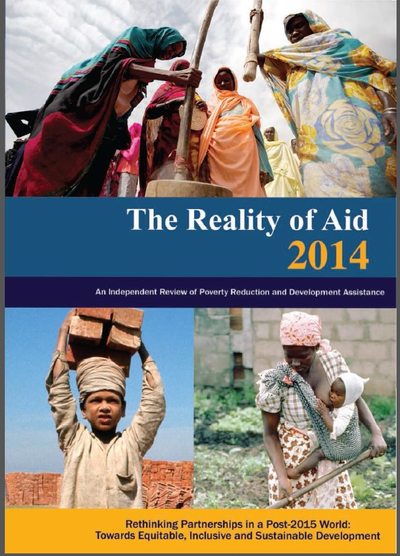In Rwanda, the government is an active and engaged partner for organizations leading development interventions on the ground. Perhaps, some would say, Rwanda is an isolated case. What is clear is that the willingness and strong buy-in of the political leadership, across the hierarchical ladder, has helped ensure the success of some development interventions. The case of Concern Worldwide’s adaptation of the Graduation Approach targeting vulnerable households in Rwanda is one such example.

Over the past few years, there has been a growing momentum for better national social policies aligned with the broader Sustainable Development Goals, which many countries have pledged to achieve. In several countries, the lack of coordination across government institutions in both the design and implementation phases lead to a plethora of disjointed and loosely calibrated programs being implemented, lack of continuity and little transparency and accountability, if any. The same can be said between government agencies and nonprofit agencies.
Concern Worldwide has been operating in Rwanda since the 1994 genocide, but started implementing its Graduation program, Unleashing the Productive Capacities of the Extreme Poor, in 2011. Aligned with the government’s economic development and poverty reduction strategy, the program aims to reduce extreme poverty among poor and vulnerable groups by facilitating off-farm employment, integrating the target group with the labor market and providing support through cash transfers to enable beneficiaries to build sustainable assets.
Through its Graduation program, Concern Worldwide has been able to reach and transform the lives of almost 3,000 households in four districts south of Kigali – Huye, Nyaruguru, Nyamagabe and Gisagara. The program contributes to and builds on efforts being made by the Government of Rwanda’s Vision 2020 Umurenge Programme (VUP 2020), while drawing from lessons learned from BRAC’s Targeting the Ultra Poor Programme as well as the 10 CGAP-Ford Foundation Graduation pilots. The impact evidence published by Innovations for Poverty Action and the Latif Jameel Poverty Action Lab further reinforced the sense that this approach held great promise for the government’s overall poverty alleviation agenda. As of January 2016, Rwanda started integrating the Graduation component as a layer of its public works program targeting the most vulnerable households.
The Rwanda government is actively included in the implementation process of the Graduation program: at the institutional level, the Ministry of Local Government is the main partner, at the local level, vice-mayors and other local authorities provide key services, for instance, through community health workers and community development animators (members of the local community working with program beneficiaries under Concern Wordwide’s guidance).
There are several similarities between Concern Worldwide’s Unleashing the Productive Capacities of the Extreme Poor and the government’s VUP. For instance, the targeting process for the Graduation program is modeled after the Government of Rwanda’s national household living standards survey (done every five years), which feeds into poverty reduction and economic development policies. Households included at the bottom rung of the poverty classification make up the main pool for selection into the Graduation program. In addition, community verification or household visits are incorporated into the designs of both programs.
Photo Credit: Melissa Victor, CGAP
Read more: www.cgap.org The Graduat ion Approach: Building Partnerships with Governments


